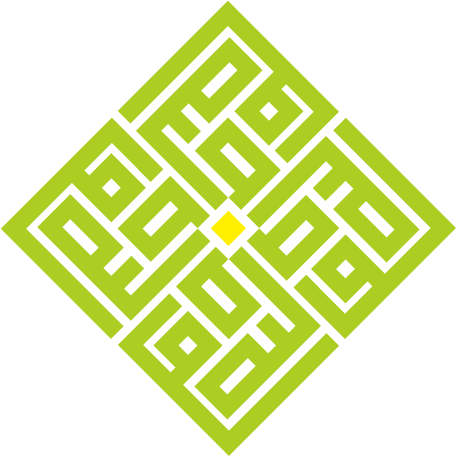Publication Ethics Statement
PUBLICATION ETHICS AND MALPRACTICE STATEMENT
Tsaqofiya: Jurnal Pendidikan Bahasa dan Sastra Arab is a scientific periodical journal managed by peer-review, in which other scientists (peer-review) evaluate the article’s value and credibility before published. This journal is dedicated to publishing scientific articles in the study of Arabic Language and Literature Education from different aspects and perspectives as well as the themes that have been determined. This journal is available in print with ISSN: 2685-7022, and online with ISSN: 2685-7103, and published twice a year, in January and July. Tsaqofiya aims to become one of the forums for ideas and results of researches dissemination in the field of Arabic Language and Literature Education. Also, it also can be a significant reference in the same field. Tsaqofiya committed to keeping maintaining the high ethical standard in the scientific publication includes the peer-review, author, journal editor, and publisher. This statement is based on COPEs Best Practice Guidelines for Journal Editors.
ETHICAL GUIDELINE FOR JOURNAL PUBLICATION
The publication of an article in Tsaqofiya: Jurnal Pendidikan Bahasa dan Sastra Arab is an essential building block in the development of a coherent and respected network of knowledge. It is a direct reflection of the quality of the work of the authors and the institutions that support them. Peer-reviewed articles support and embody the scientific methods. It is therefore essential to agree upon standards of expected ethical behavior for all parties involved in the act of publishing: the author, the editor, the reviewer, the publisher, and the society. As the publisher of Tsaqofiya: Jurnal Pendidikan Bahasa dan Sastra Arab, Faculty of Education and Teaching Science, Institut Agama Islam Negeri (IAIN) Ponorogo, Indonesia, takes its duties of guardianship over all stages of publishing seriously and it recognizes its ethical and other responsibilities. Faculty of Education and Teaching Science, Institut Agama Islam Negeri (IAIN) Ponorogo, Indonesia committed to ensuring that advertising, reprint or other commercial revenue has no impact or influence on editorial decisions.
Publication Decisions
The editors of Tsaqofiya: Jurnal Pendidikan Bahasa dan Sastra Arab is responsible for deciding which articles submitted to the journal should be published. The validation of the work in question and its importance to researchers and readers must always drive such decisions. The editors may be guided by the policies of the journal's editorial board and constrained by such legal requirements as shall then be in force regarding libel, copyright infringement, and plagiarism. The editors may confer with other editors or reviewers in making their decisions.
Plagiarism Screening
The author has only to submit a manuscript that is free from plagiarism and academically malpractices. The editor, however, double checks each article before its publication. The first step is to check plagiarism against offline databases developed by the Faculty of Education and Teaching Science, Institut Agama Islam Negeri (IAIN) Ponorogo, Indonesia. Secondly, against as much as possible online databases.
Fair Play
An editor at any time evaluates manuscripts for their intellectual content without regard to race, gender, sexual orientation, religious belief, ethnic origin, citizenship, or political philosophy of the authors.
Confidentiality
The editors and any editorial staff must not disclose any information about a submitted manuscript to anyone other than the corresponding author, reviewers, potential reviewers, other editorial advisers, and the publisher, as appropriate.
Disclosure and Conflicts of Interest
Unpublished materials disclosed in a submitted manuscript must not be used in editors' own research without the express written consent of the author.
DUTIES OF REVIEWERS
Contribution to Editorial Decisions
Peer review assists the editors in making editorial decisions and through the editorial communications with the authors may also assist the author in improving the quality of the paper.
Promptness
Any selected referee who feels unqualified to review the research reported in a manuscript or knows that its prompt review will be impossible should notify the editors and excuse himself from the review process.
Confidentiality
Any manuscripts received for review must be treated as confidential documents. They must not be shown to or discussed with others except as authorized by the editor.
Standards of Objectivity
Reviews should be conducted objectively. Personal criticism of the author is inappropriate. Referees should express their views clearly with supporting arguments.
Acknowledgement of Sources
Reviewers should identify relevant published work that has not been cited by the authors. Any statement that an observation, derivation, or argument had been previously reported should be accompanied by a proper citation. A reviewer should also call to the editors' attention any substantial similarity or overlap between the manuscript under consideration and any other published paper of which they have personal knowledge.
Disclosure and Conflict of Interest
Privileged information or ideas obtained through peer review must be kept confidential and not used for personal advantage. Reviewers should not consider manuscripts in which they have conflicts of interest resulting from competitive, collaborative, or other relationships with any of the authors, companies, or institutions related to the papers.
Review Process
Every manuscript submitted to Tsaqofiya: Jurnal Pendidikan Bahasa dan Sastra Arab is independently reviewed by at least two reviewers in the form of "double-blind review". The decision for publication, amendment, or rejection is based upon their reports/recommendations. In certain cases, the editor may submit an article for review to another, the third reviewer before making a decision, if necessary.
DUTIES OF AUTHORS
Reporting Standards
Authors of reports of original research should present an accurate account of the work performed as well as an objective discussion of its significance. Underlying data should be represented accurately in the paper. A paper should contain sufficient detail and references to permit others to replicate the work. Fraudulent or knowingly inaccurate statements constitute unethical behavior and are unacceptable.
Originality and Plagiarism
The authors should ensure that they have written entirely original works, and if the authors have used the work and/or words of others that this has been appropriately cited or quoted.
Multiple, Redundant, or Concurrent Publication
An author should not, in general, publish manuscripts describing essentially the same research in more than one journal or primary publication. Submitting the same manuscript to more than one journal concurrently constitutes unethical publishing behavior and is unacceptable.
Acknowledgment of Sources
Proper acknowledgment of the work of others must always be given. Authors should cite publications that have been influential in determining the nature of the reported work.
Authorship of the Paper
Authorship should be limited to those who have made a significant contribution to the conception, design, execution, or interpretation of the reported research. All those who have made significant contributions should be listed as co-authors. Where there are others who have participated in certain substantive aspects of the research project, they should be acknowledged or listed as contributors. The corresponding author should ensure that all appropriate co-authors and no inappropriate co-authors are included on the paper and that all co-authors have seen and approved the final version of the paper and have agreed to its submission for publication.
Disclosure and Conflicts of Interest
All authors should disclose in their manuscript any financial or another substantive conflict of interest that might be construed to influence the results or interpretation of their manuscript. All sources of financial support for the project should be disclosed.
Fundamental errors in Published Works
When an author discovers a significant error or inaccuracy in his/her own published work, it is the author’s obligation to promptly notify the journal editor or publisher and cooperate with the editor to retract or correct the paper.







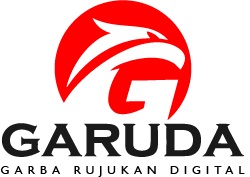


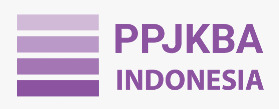
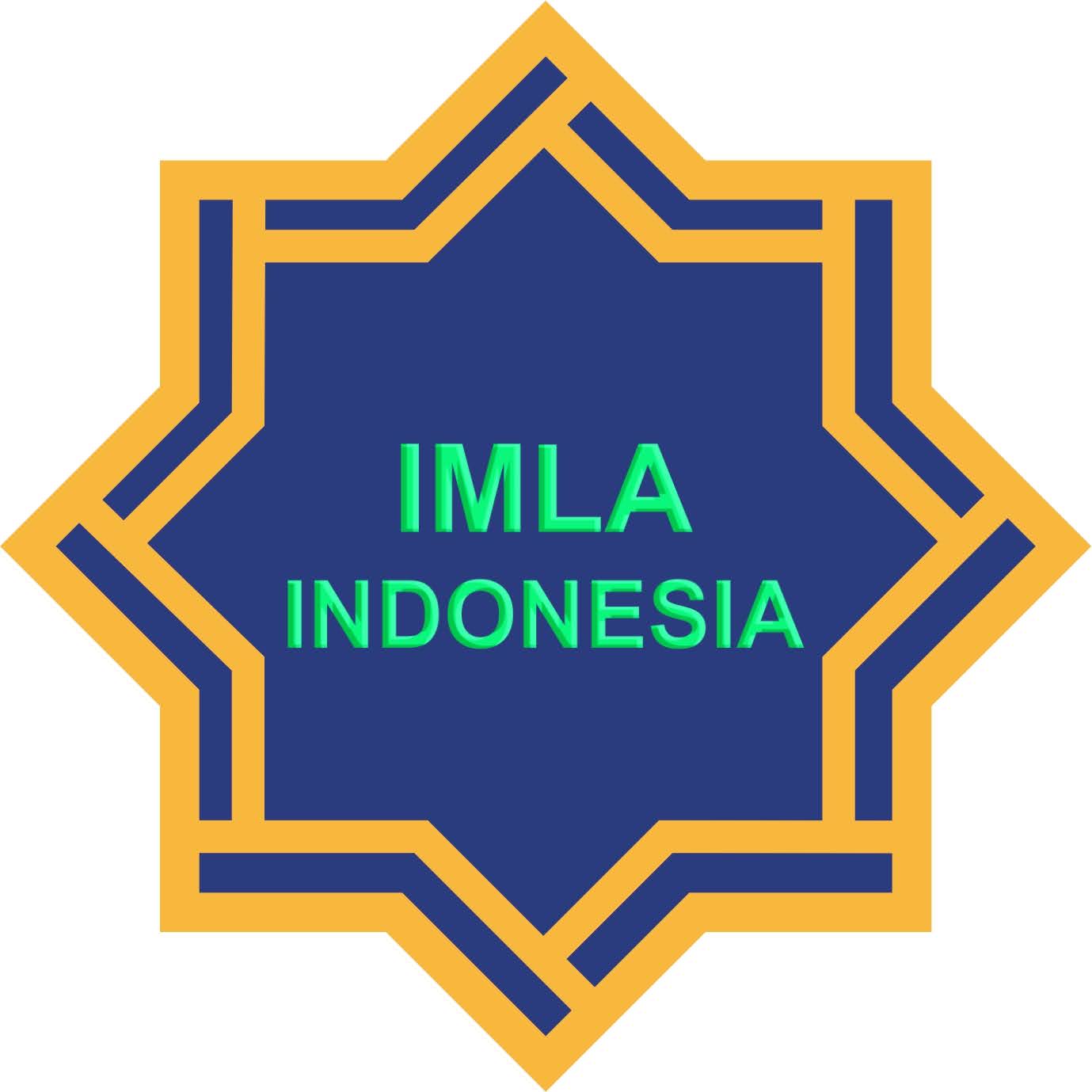
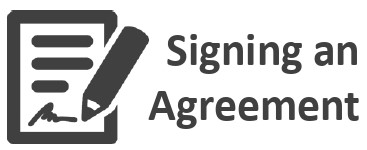

.png)
